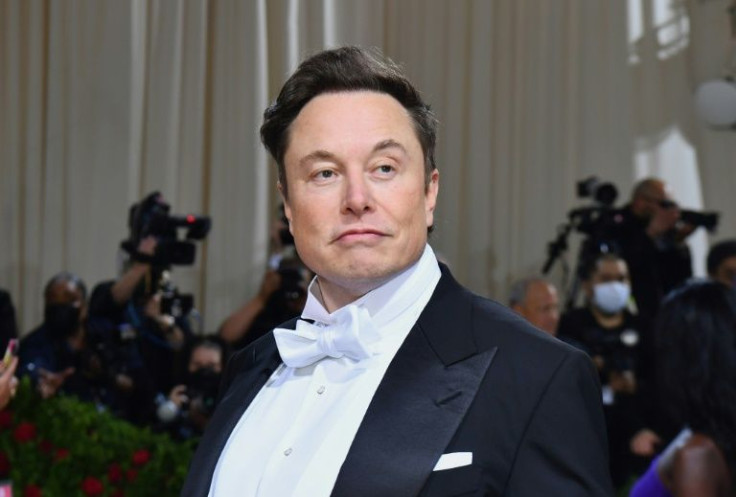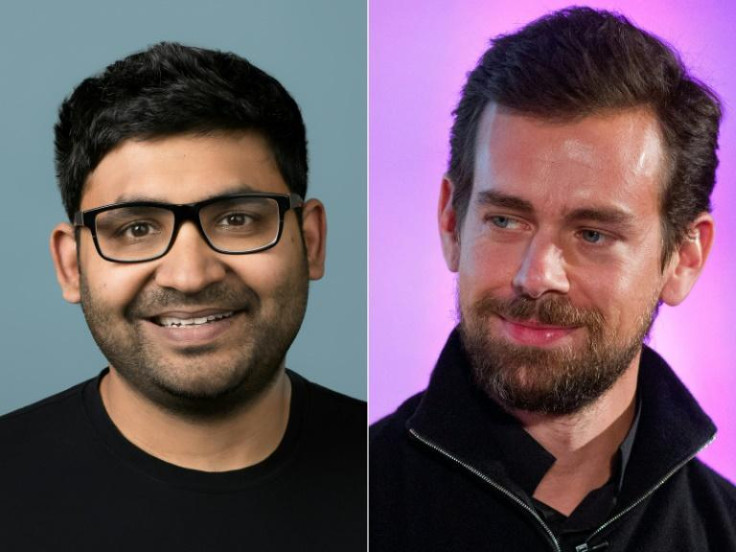Elon Musk’s Twitter Purchase Timeline Revealed In New SEC Filing

Twitter filed a preliminary proxy statement Tuesday with the Securities and Exchange Commission for its discussions with billionaire Elon Musk, who had sought to join the board before trying to take over the social media giant.
The proxy statement details Twitter's version of the timeline for Musk's $44 billion offer. Twitter's timeline begins in March when Musk tweeted about the platform's business, functionality, and content moderation policies.
According to the platform, Musk reached out to former Twitter CEO Jack Dorsey, who is on the board of directors, on March 26. The two discussed "the future direction of social media, including the benefits of open social protocols."
That day he also contacted Twitter director Egon Durban. The two subsequently had conversations on March 26 and 27. Around that time, Musk also purchased a 5% stake of Twitter's common stock.
Durban and Musk discussed the 5% stake and "discussed the potential of Mr. Musk joining the Twitter Board." On March 27 Musk also spoke to board chair Bret Taylor and current CEO Parag Agrawal. He expressed his interest in joining the board, trying to take the company private, or starting a competitor.
Further discussions occurred between March 27 and 31. Then, between April 2 and 3 board members, lawyers, and bankers eventually came to the conclusion that Musk would join the board in early April. Later, it was determined he would join the board on April 9.
On April 4, Musk revealed that he owned 9.2% of Twitter's stock.
He also reached out to Dorsey for insight. Dorsey made it clear to Musk that he believed Twitter would work better as a private company. When Musk asked if Dorsey would stay on the board, Dorsey declined.
On April 9, before Musk could be appointed to the board, he announced he would not join the board. He also announced his intention to make an offer to take Twitter private. On April 10, it was announced publicly that Musk would not join Twitter's board and his intention to take the company private.
This announcement set into motion Twitter's attempt to prevent Musk from acquiring the company by adopting the "poison pill." On April 13, he sent a letter to Taylor that indicated his intentions.
In the message, Musk indicated that his desire to invest in Twitter came from his belief in the potential of the platform "for free speech around the globe." He then states that after his investment it became clear to him that the company would not "thrive nor serve this social imperative."
"Twitter needs to be transformed as a private company," Musk wrote to Taylor.
He then made his offer to buy "100% of Twitter for $54.20 per share in cash," which he described as his "best and final offer." If the board did not accept his offer, he said he would reconsider his position as a shareholder.
"Twitter has extraordinary potential. I will unlock it," he wrote.
After much deliberation and consideration, the board eventually accepted Musk's offer.
"Twitter is committed to completing the transaction on the agreed price and terms as promptly as practicable," according to a press release on Tuesday.
The company also said that the sale should close in 2022.
Musk has put the sale on hold over concerns about spam and bot accounts on the platform.

Twitter CEO Parag Agrawal is firing back at Elon Musk over battling 'bots' at the service, while co-founder Jack Dorsey has indicated support for some of Musk's vision for the platform. Photo: TWITTER via AFP





















